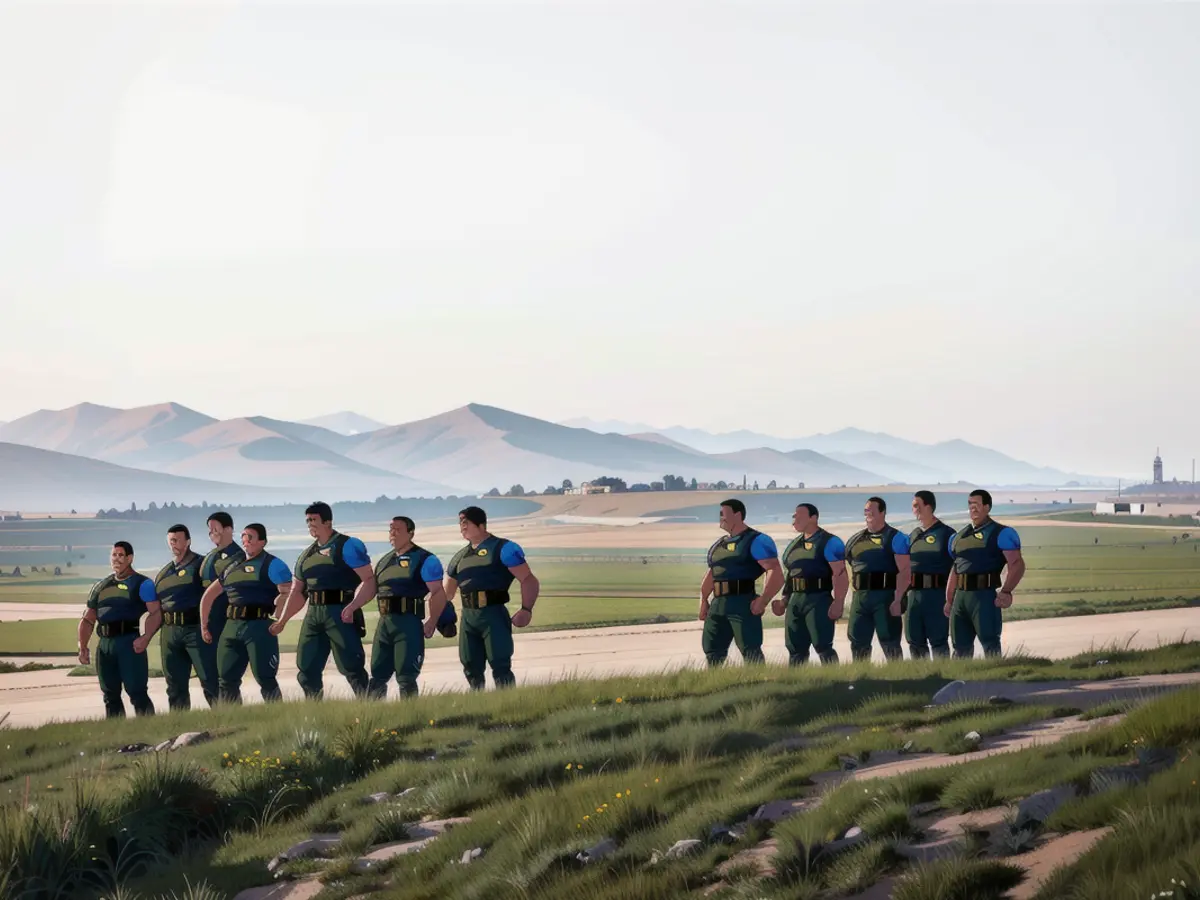Large-scale Turkish demonstrations persist despite city mayor's arrest prohibition
Unraveling Turkey's Strife: A deep dive into the ongoing protests and the implications of political upheaval
Turkey is simmering with dissent, as thousands take to the streets in a show of resistance against the detention of Istanbul's mayor, Ekrem İmamoğlu. This arrest, on allegations of corruption and links to the Kurdistan Workers' Party (PKK), has sparked a wave of relentless protests across the nation, with citizens demanding justice and an end to perceived political manipulation [1][2].
The Heart of the Resistance
Protests have flared in major cities, with demonstrators gathering at municipal headquarters and police stations, universities, and public squares, leading to confrontations with law enforcement erecting barricades and closing off streets. These outpourings of public discontent reflect a growing disillusionment with the escalating authoritarian tendencies of the government, driven by opposition parties, labor unions, and civil rights advocates [1].
Fanning the Flames of Discontent
The detention of İmamoğlu is widely viewed as a blow to Turkish democracy and a strategically timed effort to stifle political opposition. With President Recep Tayyip Erdoğan, 71, running the nation for 22 years, many question if early elections will be necessitated, as recent polls show İmamoğlu ahead of Erdoğan [3].
A Shake-up in Turkey's Economic Landscape
The political upheaval has far-reaching consequences for Turkey's economy, with particular repercussions for its stock market. The tumult caused by the detention has led to market volatility, indicating a broader economic unease as investors grapple with concerns over political stability and the potential for continued unrest [2].
A Collection of Concerns
- Bank Shares: The domestic stock market's financial sector may be most susceptible to the political instability, as eroding investor confidence can amplify financial risks and potentially lead to declines in bank shares [2].
- Long-term Implications: Long-term consequences of prolonged political strife could compromise Turkey's economic recovery efforts and reduce its investment appeal.
In summary, Turkey's political landscape remains fraught with tension, as widespread protests persist and the future hangs in the balance. The trajectory ahead depends on how the government responds to the crisis and whether political stability can be restored.
Sources:
[1] "Unrest sweeps Turkey after detention of Istanbul mayor." Al Jazeera. March 20, 2025.
[2] "Turkey's market wobbles as political turmoil mounts: analysts." Reuters. March 22, 2025.
[3] "Poll: Turkish Mayor in Lead Ahead of Presidential Election." Associated Press. March 17, 2025.
- The middle east has been following the ongoing demonstrations in Turkey with great concern, as the disputes have led to economic instability and questions about the future of Turkish democracy.
- President Recep Tayyip Erdoğan has warned that continued demonstrations could result in the further straining of the country's municipal budget, as additional resources are required for law enforcement and recovery efforts.
- As the world watches the events unfold in Turkey, there is a growing sense that the outcome of the crisis may have significant implications not just for the middle east, but for the global economy as well.






